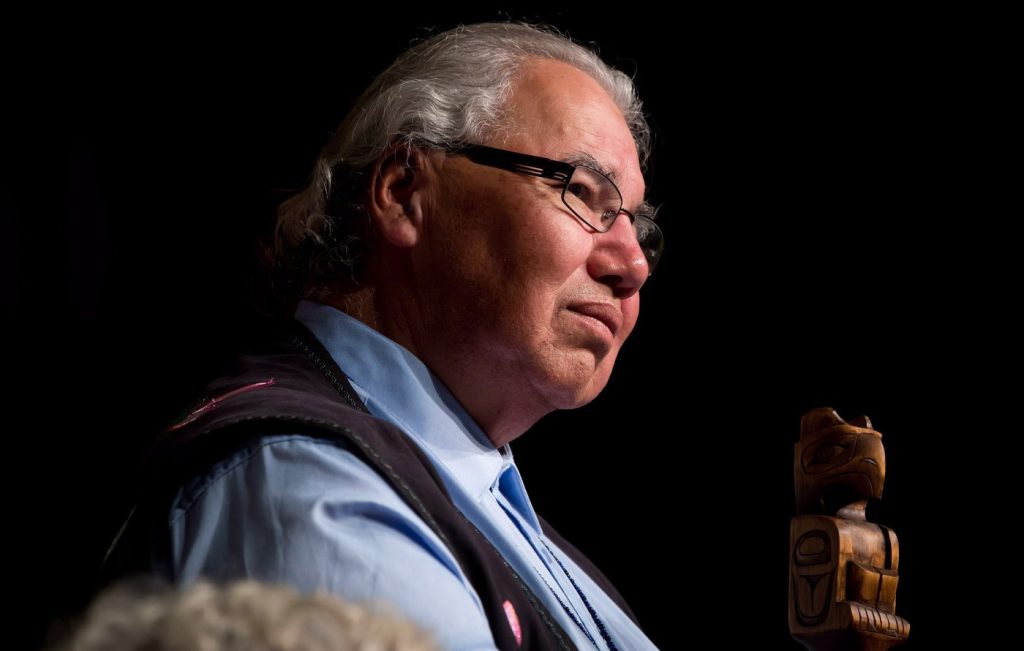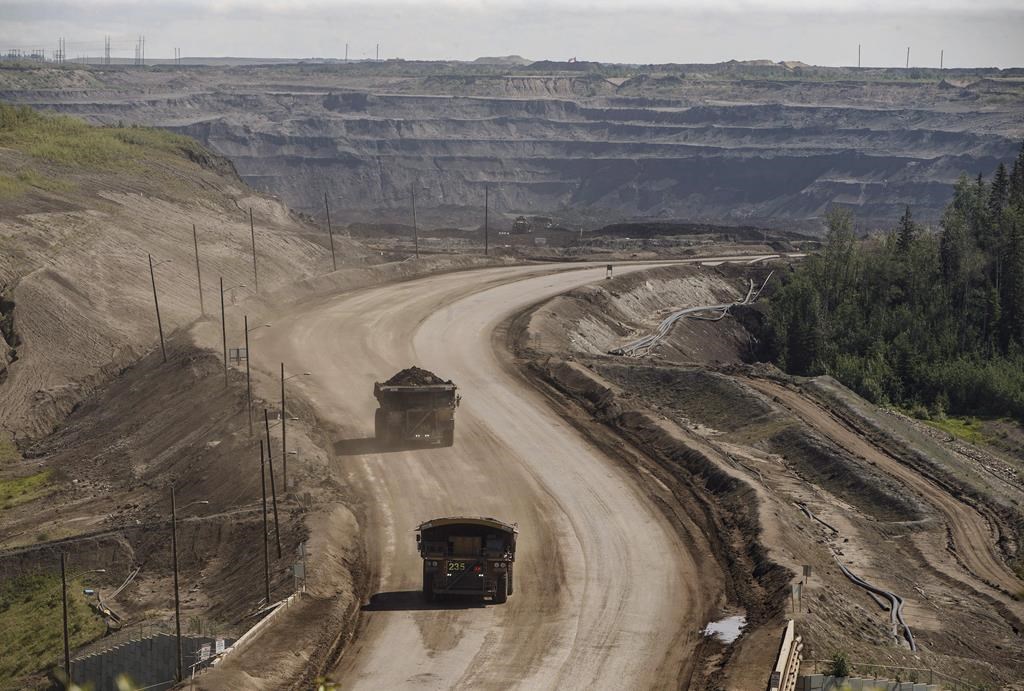Rail stoppage could derail harvest for farmers across Canada
Posted August 21, 2024 7:13 pm.
On the eve of a potential national railway labour stoppage, farmers are speaking out about the impact it could have on Canada’s food supply and urging the federal government to step in.
Canadian National Railway Co. (CN) and Canadian Pacific Kansas City Ltd. (CPKC) have already started shutting down their networks, and unless deals are reached with the Teamsters Canada Rail Conference for a new labour contract, the companies plan to lock out workers 12:01 a.m. ET Thursday, and the union says it’s prepared to call a strike at the sametime.
Some Alberta farmers are raising the alarm, saying the rail stoppage would mean major economic consequences felt by farmers and consumers alike.
“We won’t have the revenue to operate,” says Allen Jones, who operates the Jones Herford Ranch east of Balzac, Alta., just north of Calgary. “There’s no magic here, we need this system to run.”
“It’s important to get this thing figured out, sooner than later.”
READ MORE: Western Canada businesses prepping for railway shutdown
Fred Thun, CEO of the United Farmers of Alberta, says a rail disruption now would also disrupt the flow of agricultural movement during an essential time for the industry.
“Particularly as the farmer is in the field harvesting,” says Thun. “They’re pulling off crops, storage is needed. We need efficient flow from the farm gate, to the elevator, to the rail, to the port.”
The situation has prompted calls for binding arbitration and government intervention to prevent supply shortages, but as of late Wednesday, no action has been taken.
Jones wishes that the federal government would get involved to help rectify the situation. Business groups wrote a letter Wednesday urging the federal government to make sure rail services continue.
They say Ottawa can refer the dispute for binding arbitration, which would prohibit a strike or lockout pending a resolution. The federal government could also use back-to-work legislation, the groups added.
WATCH: Federal government could be forced to stop rail strike
Stuart Smyth is a professor of Agri-Food Innovation and Sustainability at the University of Saskatchewan and says a simultaneous stop of both major rail networks is the worst thing that could happen to the country’s food supply chain.
“So much of the food that ends up in our grocery stores is moved by rail,” he says. “All of that is going to grind to a halt.”
He says the work stoppages could lead to empty grocery shelves, similar to the height of the COVID-19 pandemic.
Both Canadian railways move $1 billion worth of goods per day. Grain, fertilizer and lumber would be among the products most affected, say industry groups.
Some products, such as fungicide used for harvesting, have already stopped moving, according to the Business Council of Alberta.
Farmers like Jones could be left scrambling for somewhere to store their grain, or storing it unprotected with the chance of spoilage and a loss of revenue.
“The system will stop, grain elevators will fill up, and there will be nowhere to move product,” says Jones. “Society doesn’t need this.”
And then there is the option of trucking, an option Thun says is more costly and less efficient.
“Trucking is significantly more expensive, significantly slower, and significantly harder to coordinate,” he says. “And if you’re concerned at all about emissions, rail is far superior in terms of the magnitude of emissions versus trucks.”
With files from Shilpa Downton and The Canadian Press








